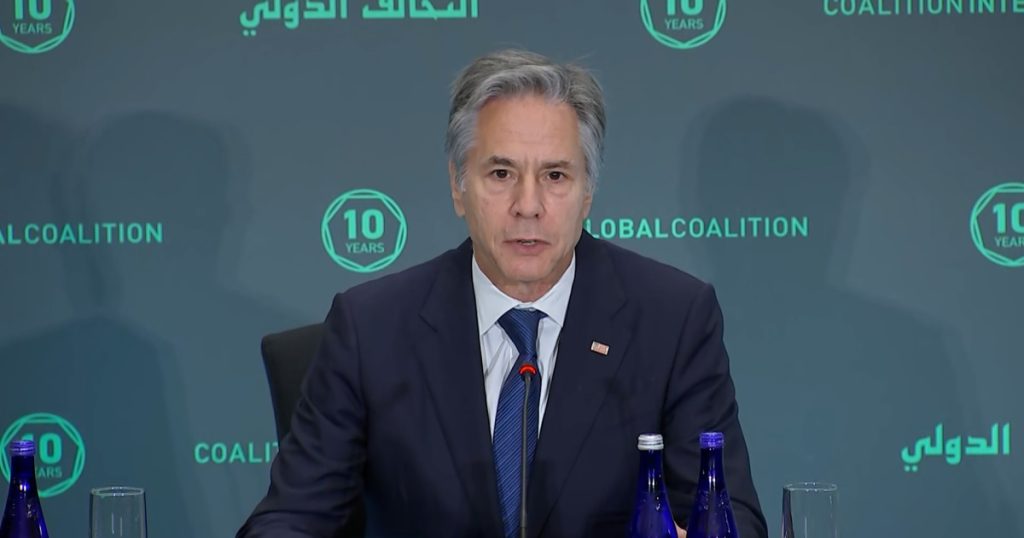The content of this passage revolves around the impact of social media on individuals’ mental health. It discusses how platforms like Instagram can contribute to feelings of depression, anxiety, and inadequacy due to the curated and filtered images that users post. The pressure to present a perfect version of oneself online can lead to low self-esteem and negative self-perception among users, as they compare themselves to others and feel like they fall short. This constant exposure to idealized images and lifestyles can create unrealistic expectations and fuel feelings of insecurity and inadequacy.
Furthermore, the passage highlights the phenomenon of “social comparison,” wherein individuals measure their self-worth based on how they stack up against others on social media. This can result in a downward spiral of negative emotions and self-doubt as people strive to meet unattainable standards set by influencers and celebrities. The constant need to seek validation and approval through likes and comments can also exacerbate feelings of low self-worth and self-esteem, as users equate their online popularity with their value as a person.
The passage also delves into the issue of “FOMO,” or fear of missing out, which is fueled by the constant stream of updates and posts on social media. The fear of not being included or not measuring up to the perceived excitement and success of others can lead to feelings of loneliness, jealousy, and inadequacy. This fear of missing out on experiences and opportunities portrayed by others online can take a toll on individuals’ mental well-being, causing them to feel disconnected and dissatisfied with their own lives in comparison.
Moreover, the passage discusses the negative impact of excessive screen time and digital dependence on individuals’ mental health. The constant exposure to social media and the addictive nature of scrolling through feeds can lead to feelings of anxiety, overwhelm, and dissatisfaction. This constant need for online validation and approval can foster feelings of inadequacy and self-doubt, as individuals struggle to measure up to the curated and idealized images presented on social media. The passage also touches on the phenomenon of “revenge bedtime procrastination,” where individuals sacrifice much-needed sleep in favor of staying up late on social media to reclaim a sense of control over their time.
In conclusion, the passage emphasizes the importance of setting boundaries and taking breaks from social media to protect one’s mental health and well-being. By being mindful of the impact of social media on one’s self-esteem and mental health, individuals can prioritize self-care and self-compassion over comparison and validation-seeking. By recognizing the curated nature of social media and the impact it can have on one’s emotions and self-worth, individuals can cultivate a healthier relationship with these platforms and focus on authentic connections and experiences offline. Ultimately, by prioritizing self-care and setting boundaries with social media use, individuals can protect their mental health and well-being in the digital age.














